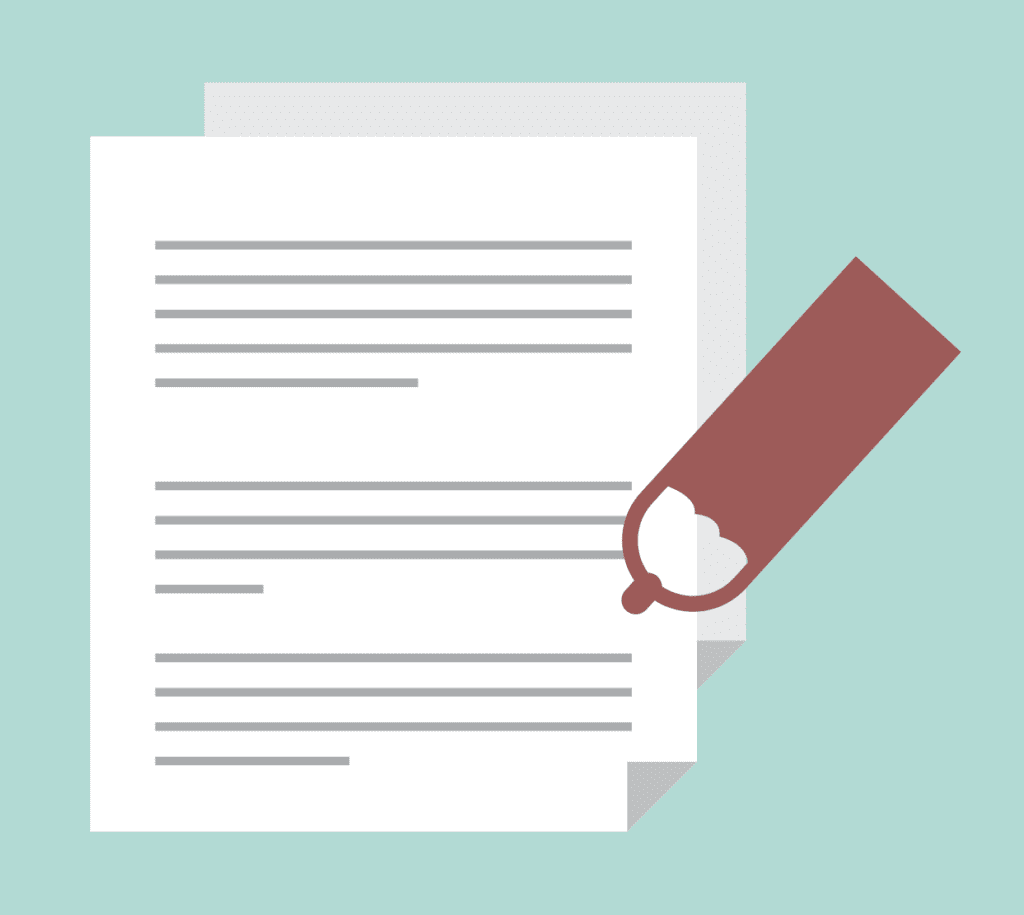
The writing process
Put as much effort into the letter as you did into the brochure. Research shows the letter is usually the 1st thing people read. Get it right and people will read and keep your information. Get it wrong and they won’t.
Know your customers
If you don’t know about your market, their needs and anxieties you will not know “which buttons to press” and your response will be minimal.
Reread and re-edit
Never send your 1st draft. Put it to one side for a while, reopen it and reread it. Think of a couple of customers you know well and try to imagine their reaction to your letter. Your 3rd draft will be a great improvement over the 1st.
Write as you speak
Use a conversational tone and keep sentences short. Avoid long, uncommon or unnecessary words. Correct spelling is important but colloquial grammar can actually aid readability – you don’t get bonus marks for correct use of the subjunctive Use the “active” – not the “passive”.
Make it easy on the eye
Don’t crowd your text onto the paper. Break your letter up by using short paragraphs. Use bulleted or numbered lists to emphasize key points.
Beware of humour
Be very careful of trying to be funny. Something you find killingly funny may at best leave your reader cold, at worst be deemed offensive.
The writing style
The AlDA principles have been used successfully for years. First grab your reader’s Attention. Then stimulate their Interest in your product. Convert this interest into Desire. And finally convince them to take Action.
The writing style
The AlDA principles have been used successfully for years. First grab your reader’s Attention. Then stimulate their Interest in your product. Convert this interest into Desire. And finally convince them to take Action.
Sell the benefits not the features
You may be proud of the technology, sophistication, flexibility etc. behind your product or service but remember that your reader just wants to know what is in it for them.
Include a guarantee
If you can, offer a guarantee with your product. If you can’t guarantee the product, offer a guarantee of your service, delivery or price. A guarantee adds credibility to your offer.
Include testimonials
Let other satisfied customers sing your praises. Quote from letters of satisfaction but remember to get the writer’s permission first.
Make them respond
Don’t forget to ask for the order. Always finish your letter with a crystal clear call to action.
Set a deadline
People will put things off if there is no urgency to act. Increase the sense of urgency by setting a deadline to receive some further benefit
Always include a PS
Many people will read a PS before they read anything else. Your PS should restate your offer and repeat the call to action.
Make it easy
Different people may want to respond in different ways so make it as easy as possible for them. Always include all your contact details. Consider options to reduce the cost to the customer, pre-paid envelope, free post address, Freephone and local rate numbers.
A letter must be signed
Ideally you should hand sign the letters. Including high quality scan of your signature is OK, particularly if it’s inky blue. Never have your letters PP’d by someone else.






